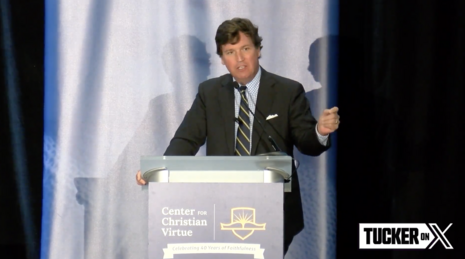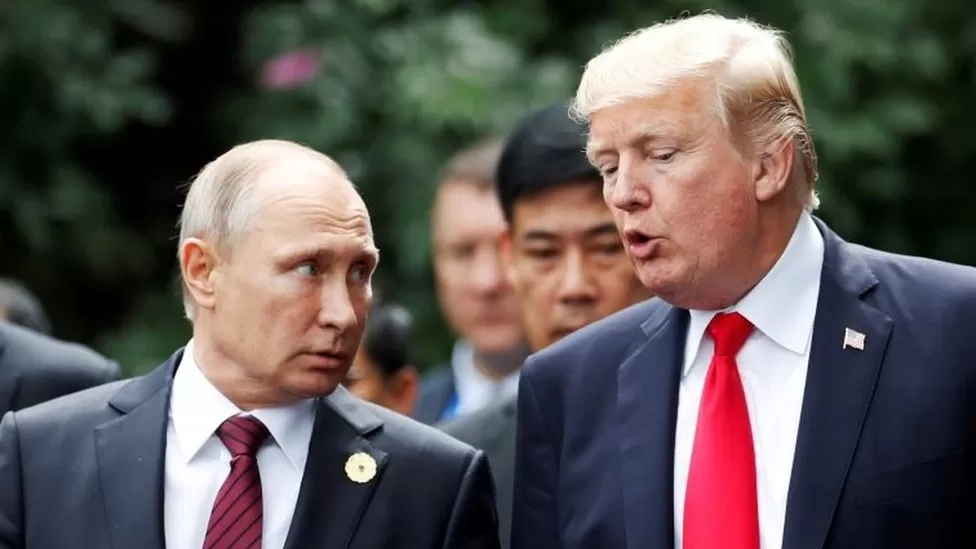Antifederalists, such as Yates, had a far greater understanding of how liberty and individual rights would be protected than their statist opponents such as Alexander Hamilton and James Madison. The Antifederalists looked to Europe as a model, which, for most of its history, was made up of decentralized political configurations. The Federalists, on the other hand, got much of their inspiration from the Roman Republic and later Empire. There is little question that an America, with the political attributes of a multi-state Europe, would be far less menacing to both its own inhabitants and to the rest of the world than what it has become under the current Federal Leviathan if the Constitution never passed.
Speculation aside, historical reality meant that America would be fundamentally different than it would have been had the Articles of Confederation survived, as Rothbard points out:
The enactment of the Constitution in 1788 drastically changed the course of
American history from its natural decentralized and libertarian direction to an
omnipresent leviathan that fulfilled all of the Antifederalists’ fears. [312]
Limited Government Myth
One of the great myths surrounding the American Constitution – which continues within conservative circles to this very day – is that the document limits government power. After reading Rothbard, such a notion can only be considered a fairy tale!
The supposed “defects” of the Articles of Confederation were adroitly used by the wily nationalists as a cover to hide their real motives. Simply put – the Articles had to be scrapped and a new national government, far more powerful than what had existed under the Articles, had to be created as Rothbard asserts: “The nationalists who went into the convention agreed on certain broad objectives, crucial for a new government, all designed to remodel the United States into a country with the British political structure.” [145]
In passing the Constitution, the nationalist forces gained almost all they had set out to accomplish – a powerful central state and with it a strong chief executive office, and the destruction of the states as sovereign entities. The supposed “checks and balances,” so much beloved by Constitution enthusiasts, has proven worthless in checking the central state’s largesse. Checks and balances exist within the central government and is not offset by any prevailing power, be it the states or citizenry.
There was no reform of the system as it stood, but a new state was erected on the decentralized foundation of the Confederation. Why the idea of the founding fathers as some limited government proponents is a mystery.
The Chief Executive
As it developed, the Presidency has become the most powerful and, thus, the most dangerous office in the world. While its occupants certainly took advantage of situations and created crises themselves over the years, the Presidency, especially in foreign policy, is largely immune from any real oversight either from the legislature or judiciary. This was not by happenstance. From the start, the nationalists envisioned a powerful executive branch, and though the most extreme among the group were eventually thwarted in their desire to recreate a British-style monarchy in America, the final draft of the Constitution granted considerable power to the presidential office.
As they did throughout the Constitutional proceedings, the nationalists cleverly altered the concept of what an executive office in a republic should be, by subtle changes in the wording of the document as Rothbard incisively explains:
[T]he nationalists proceeded to alter . . . and exult the executive in a highly
important textual change. Whenever the draft had stated that the president ‘may
recommend’ measures to the Congress, the convention changed ‘may’ to ‘shall,’
which provided a ready conduit to the president for wielding effective law-making
powers, while the legislature was essentially reduced to a ratification agency of laws
proposed by the president. [190-91]
As if this was not bad enough the office was given the ability to create departments within its own domain.
In another fateful change, the president was given the power to create a
bureaucracy within the executive by filling all offices not otherwise provided for in
the Constitution, in addition to those later created by laws. [191]
The totalitarian federal agencies that plague the daily lives of Americans were not some later innovation by the Progressive movement or New Dealers, but had been provided for within the document itself. The efforts of those opposed to the various social welfare schemes of the past, which have been put into effect through the various Cabinet departments, have been in vain since the power was given to the Presidency and has been taken advantage of by nearly all of its occupants.
Rothbard’s analysis of the chief executive office is especially pertinent since the nation is once again in the midst of another seemingly endless presidential election cycle. The reason that the office has attracted so many of the worst sort (which is being kind) is because of its power. If elected, the ability to control, regulate, impoverish, and kill not only one’s fellow citizen, but peoples across the globe is an immense attraction for sociopaths!
A Coup d’état and Counter Revolution
Rothbard makes the compelling case that the Constitution was a counter revolution, which was a betrayal of the ideology that brought about the Revolution:
The Americans were struggling not primarily for independence but for political-
economic liberty against the mercantilism of the British Empire. The struggle was
waged against taxes, prohibitions, and regulations – a whole failure of repression
that the Americans, upheld by an ideology of liberty, had fought and torn
asunder. . . . [T]he American Revolution was in essence not so much against Britain
as against British Big Government – and specially against an all-powerful central
government and a supreme executive. [307]
He continues:
[T]he American Revolution was liberal, democratic, and quasi-anarchistic; for
decentralization, free markets, and individual liberty; for natural rights of
life, liberty, and property; against monarchy, mercantilism, and especially
against strong central government. [307-08]
There was, however, always a “conservative” element within the revolutionary leadership that admired Great Britain and wanted to replicate it in America. It was only when there was no alternative to British political and economic oppression that they joined with their more liberal-libertarian brethren and decided for independence.
Conservatives did not go away after independence, but would continue to push for an expansion of government under the Articles and finally, after most of their designs were consistently thwarted, did they scheme to impose a powerful central state upon the unsuspecting country.
Yet, they would not have triumphed had a number of key liberal-libertarians of the revolutionary generation moved to the Right during the decade following independence. Rothbard shows why he is the master in power-elite historical analysis in his discussion of this tragic shift, which would spell the death knell to any future politically decentralized America:
[O]ne of the . . . reasons for the defeat of the Antifederalists, though they
commanded a majority of the public, was the decimation that had taken place in
radical and liberal leadership during the 1780s. A whole galaxy of ex-radicals, ex-
decentralists, and ex-libertarians, found in their old age that they could comfortably
live in the new Establishment. The list of such defections is impressive, including
John Adams, Sam Adams, John Hancock, Benjamin Rush, Thomas Paine, Alexander
McDougall, Isaac Sears, and Christopher Gadsden. [308-09]
As the country’s elite became more statist and as political (Shays Rebellion) and economic (a depression) factors played into their hands, conservatives seized the opportunity to erect on America a powerful national government:
It was a bloodless coup d’état against an unresisting Confederation Congress. . . .
The drive was managed by a corps of brilliant members and representatives
of the financial and landed oligarchy. These wealthy merchants and large
landowners were joined by the urban artisans of the large cities in their
drive to create a strong overriding central government – a supreme government
with its own absolute power to tax, regulate commerce, and raise armies. [306]
Conclusion
The Mises Institute and the editor of the book, Patrick Neumann, must be given immense credit for bringing this important piece of scholarship into print. Once read, any notion of the “founding fathers” as disinterested statesmen who sublimated their own interests and that of their constituents to that of their country will be disavowed. Moreover, The New Republic:1784-1791 is the most important in the series since the grave crises that the nation now faces can be traced to those fateful days in Philadelphia when a powerful central state was created.
Volume Five shows that the problems of America’s past and the ones it now faces are due to the Constitution. The remedy to the present societal ills is not electing the “right” congressman, or president, but to “devolve” politically into a multitude of states and jurisdictions. For the future of liberty and economic well-being, this is where efforts should be placed and Murray Rothbard’s final volume of Conceived in Liberty is essential reading if that long, arduous, but much necessary task is to be undertaken.
Antonius Aquinas@AntoniusAquinas
https://antoniusaquinas.com
posted 02-10-’20














 Harry Elmer Barnes
Harry Elmer Barnes

 Volumes 1-4
Volumes 1-4